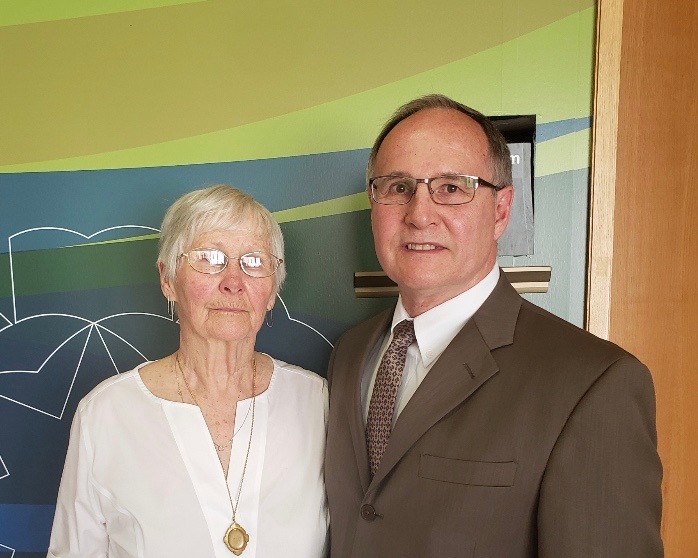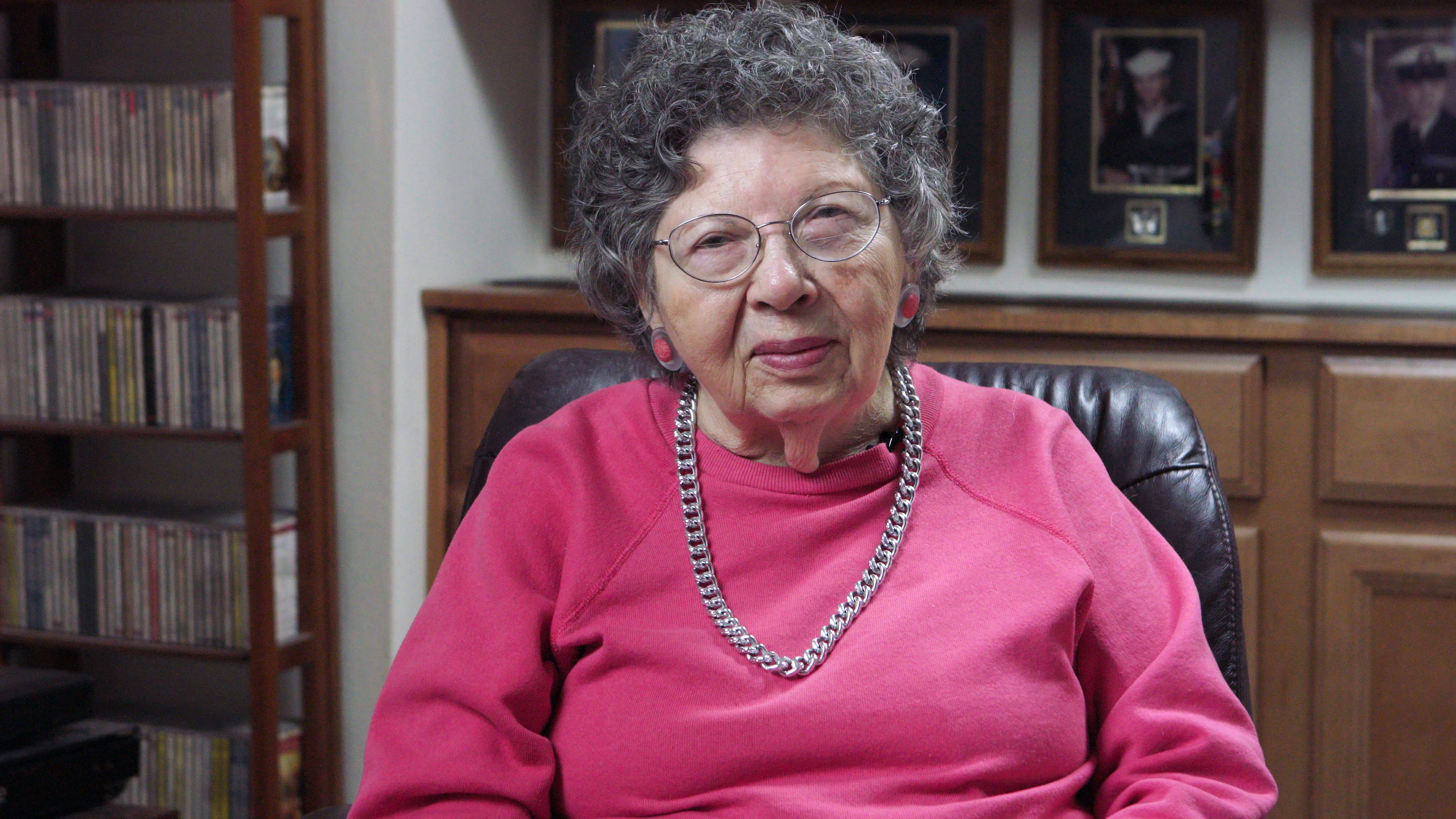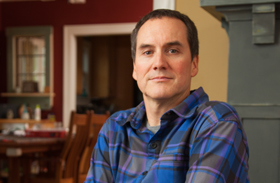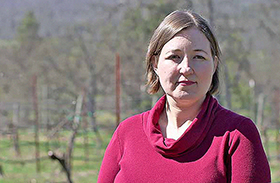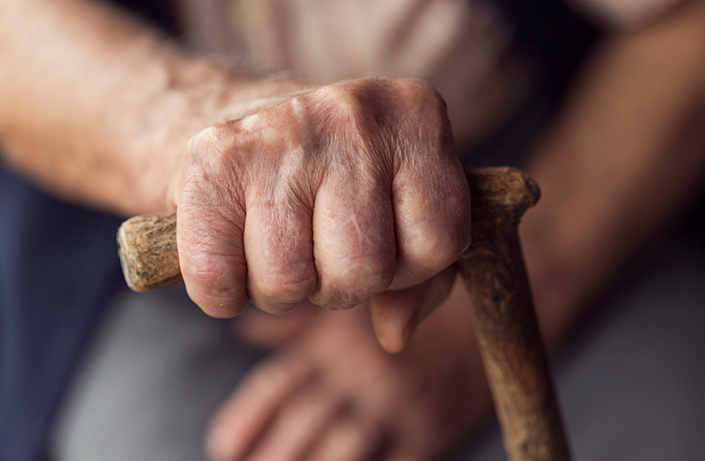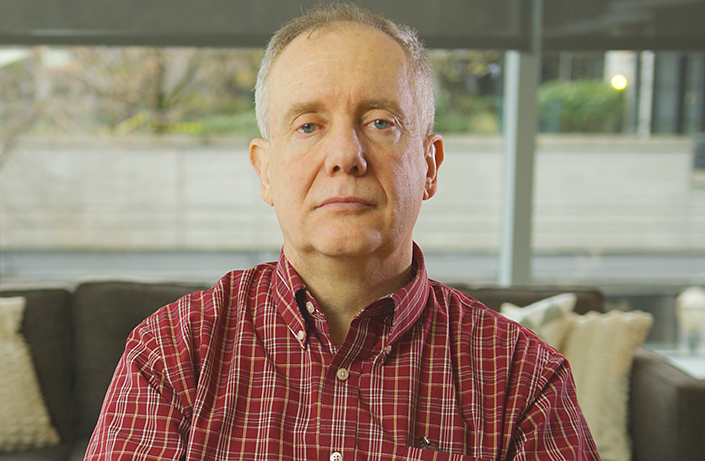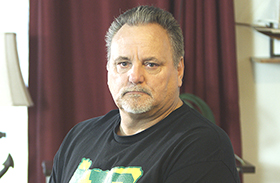Real People. Real Stories.

Brenda Tracy
In June 1998, Brenda Tracy was a 24-year old single mother of two young boys living near Salem, Oregon. One night, Brenda and her friend Karmen went to a small gathering at Karmen’s boyfriend’s apartment, which he shared with an Oregon State defensive back. Also in attendance were another OSU football player, a high school recruit, and a junior college player on probation for armed robbery. Although she could not know it at the time, that night would change Brenda’s life forever.
Shortly after arriving at the apartment, Brenda was given a small glass of what she was told was gin and orange juice; after just a few sips, Brenda abruptly slipped into unconsciousness. The next thing she knew, she awoke to find a player raping her and others cheering him on. She was drugged and repeatedly raped by four men. The gang rape lasted over six hours, during which Brenda drifted in and out of consciousness, begging them to stop. However, no one stepped in to save her.
It’s been almost 20 years since her brutal, life-changing attack, yet Brenda can still remember how she awoke to the smell of dried vomit in her hair and the feeling of the food crumbs that left indentations on her skin as she lay face down on the apartment floor. She felt like a piece of garbage someone tossed away; like an animal, she was branded, never to forget the callous and congratulatory manner of each man as they took turns raping her.
After reporting the gang-rape to the police and enduring an invasive sexual assault examination, Brenda’s rapists were booked and charged. Immediately, the college community backlash began: after two weeks being bombarded with open ridicule and death threats, and after being told that successful prosecution was unlikely because the gang-rape was a “he-said-she-said” case, Brenda agreed to drop charges against her attackers.
In hindsight, Brenda wishes she hadn’t dropped the charges, but at the time, she “felt dead inside” and simply wanted to slip away. After the charges were dropped, Brenda reported the gang rape to Oregon State University, hoping that the football players who attacked her would at least be held accountable on campus if not by the criminal justice system. Years later, Brenda would learn that the OSU players received only a one-game suspension for the gang-rape. As their coach, Mike Riley, told reporters at the time: “These are really good guys who made a bad choice.”
The following years were hard. Like many victims of sexual assault and rape, Brenda contemplated suicide; the rape and the failure of the system to support her sent her into a tailspin of depression and regret. Slowly and deliberately, however, Brenda built herself back up. After 16 years, Brenda finally began to regain her self-worth, end her silence and speak her truth. On November 14, 2014, through an in-depth article by Oregonian reporter John Canzano, Brenda told her story in explicit and heartbreaking detail. She finally exposed her rapists, naming them and insisting on being identified herself. It was her game-changing moment.
Fast forward to today: Brenda is a nationally known and honored advocate combatting violence and sexual assault on campuses across the country. She has found the courage and voice to stand up against deep and long-standing institutional cover-ups of athlete violence on both the collegiate and professional level. She’s even had the steel to sit on a panel next to NFL “All-Pro” running back and wife batterer Ray Rice, who was caught on video-camera knocking his wife out cold in a casino elevator.
Brenda knows that without having these difficult conversations and having the courage to stand up to institutions that protect their profits and players over victims, there will never be meaningful change for survivors of sexual assault in America. In Oregon, Brenda is lending her voice, once again, as part of the Restore Justice for Survivors Coalition, to ensure victims of sexual assault and injury have access to justice – the very least they deserve – when big institutions fail to make their safety a priority.


